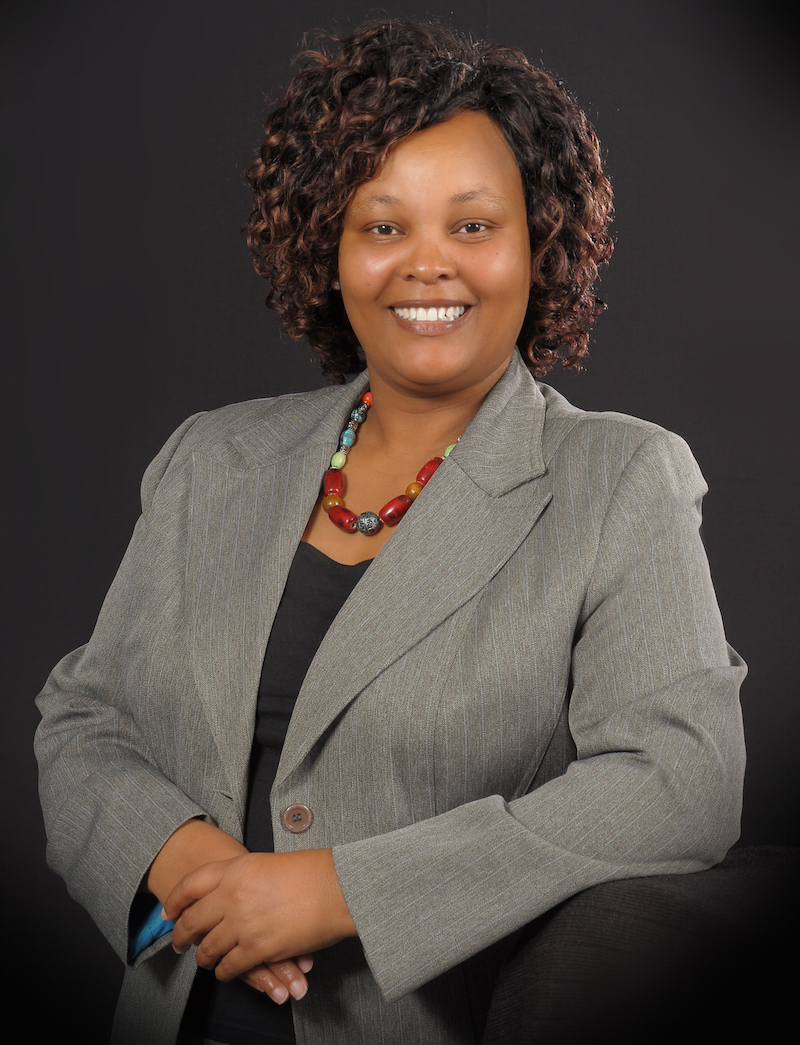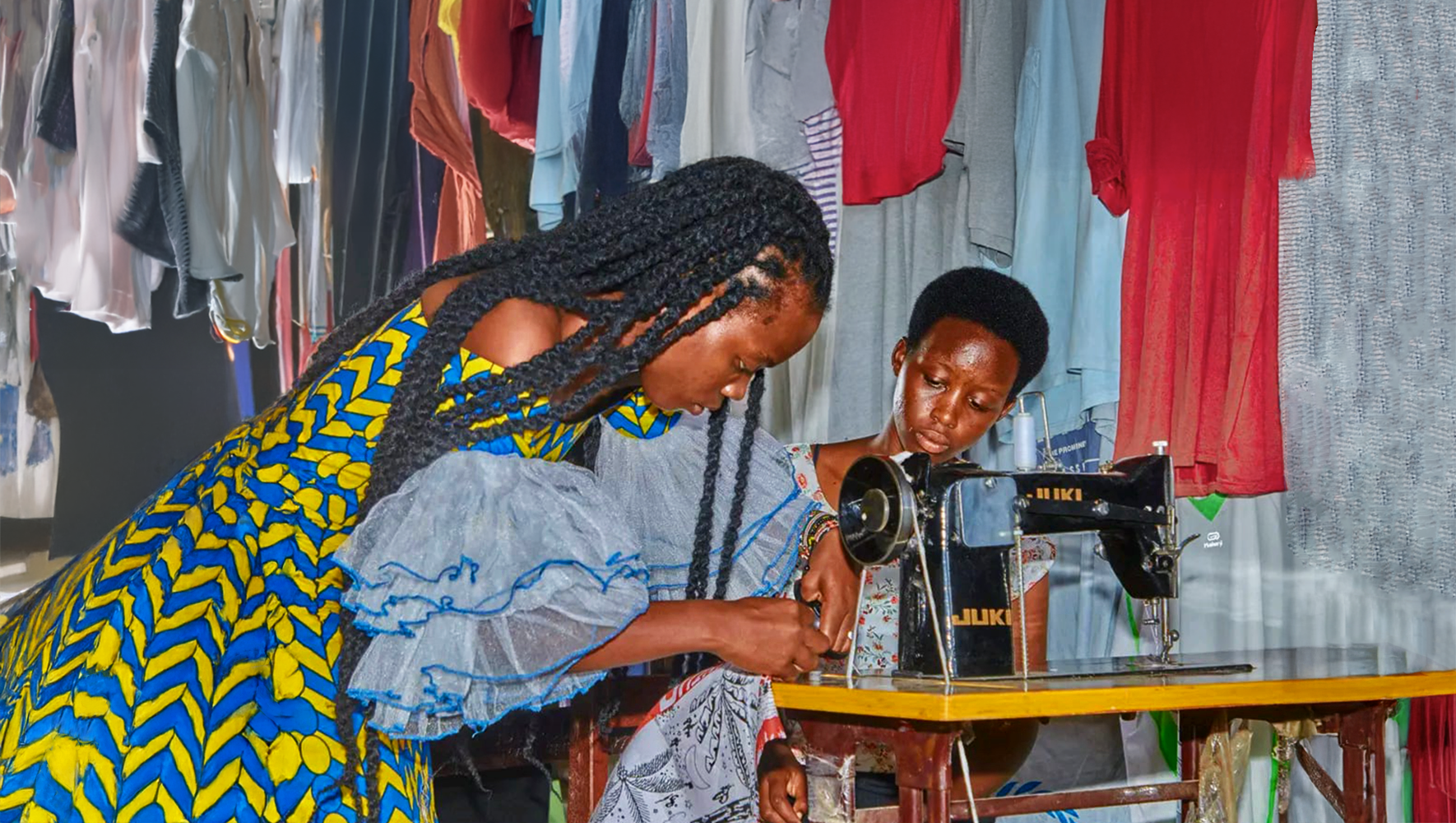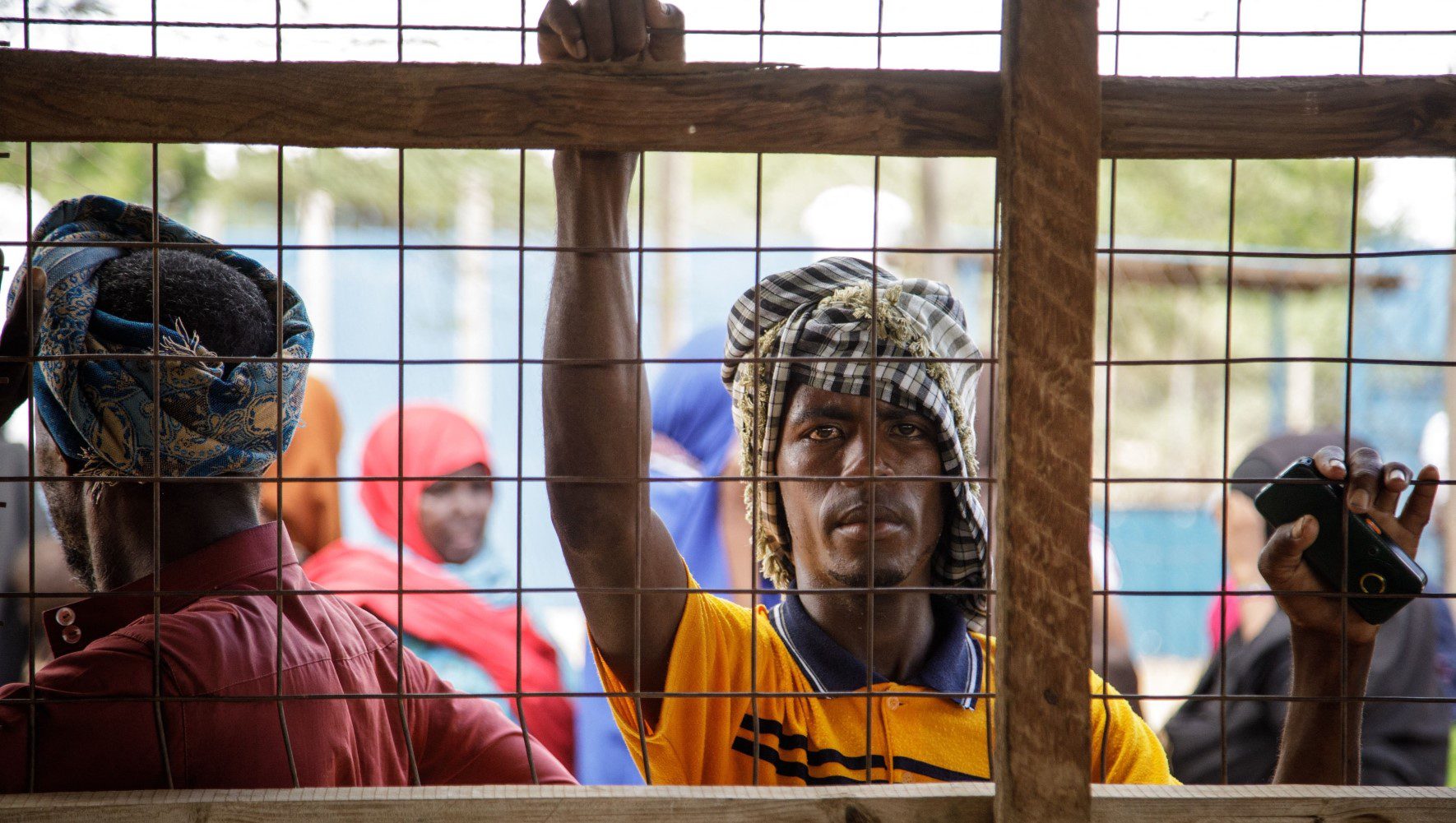Offering Help, and Hope, to Trauma Survivors in Kenya
By Rachel Nusbaum, HIAS.org
Oct 02, 2015

Winnie Mwihaki Gacheru, director of psychosocial programs at HIAS Kenya.
(HIAS)
Kenya is home to approximately 600,000 refugees and asylum seekers, about 60,000 of whom are registered as ‘urban refugees’, meaning that they live in cities rather than camps. They come from many different countries, including Somalia, South Sudan, Democratic Republic of Congo, Rwanda, Burundi, Pakistan and Syria.
Yet, despite their diverse nationalities, these people often have quite a lot in common.
What they share is trauma.
Not just the trauma of flight and statelessness, which is part and parcel of the refugee experience. A shocking proportion of the refugees in this region are survivors of torture, of sexual and gender-based violence, or of both.
Fortunately, they have a fierce advocate and an expert counselor in Winnie Mwihaki Gacheru.
Winnie is the director of psychosocial programs at HIAS Kenya, where she works to help refugees deal with the psychological and emotional effects of the traumatic experiences they have faced and helps to restore dignity in their lives.
A certified clinical traumatologist with expertise in early interventions, Winnie has more than a dozen years of experience working with victims of sexual and gender based violence, including victims of sexual slavery, child survivors of sexual violence, and others who have suffered from violent oppression. Prior to that, she served as head of the psychosocial program for HIAS Uganda, where she led a team of counselors and social workers serving refugees in Kampala.
Winnie has been involved in professional counseling and psychosocial programs since 2005. “At one time, when I was in private practice, I remember praying and hoping for more clients to call in. Now I am in an environment where the client load is more than we have capacity for."
"So one thing I know for certain is that prayers do get answered,” she says, wryly.
Winnie’s profound empathy for those she works with is clear in the way she describes their plight.
“Before flight, people lived normal lives like you and me in their particular community settings. They had homes, families, relatives and friends. They had work. They took care of themselves and their families. Their children went to school and young people to colleges and universities. They enjoyed their culture and celebrated traditional events and occurrences as any culture would. They looked forward to their future and had dreams and goals for themselves and their children. They had a 'normal life' as many testiffy. A life that is now only in their memories.”
She recounts some of the many horrors that drive people from their normal lives. “Their homes broken into by armed men, or torched and burned to ashes. Family members killed or tortured. Being forced to join armed groups. Slavery, including sex slavery.”
Traumatic experiences like these can easily develop into post-traumatic stress disorder or cause depression, schizophrenia, and other mental health problems. So, when they arrive in Kenya, Winnie and her team provide psychosocial support—including counseling, individual and group therapy, support groups and psychiatric care—to help refugees begin to heal.
“To me it is a privilege to work at HIAS and utilize my skills and help people who could never afford the professional services we offer. We are making a difference in the lives of men and women who benefit tremendously from our interventions,” Winnie says.
I feel at this point in my life I am where I should be, and I am happy to serve and make life better for refugees and asylum seekers hosted by Kenya.”
Winnie is coming to the United States in October! Visit our event page, to see if she will be speaking in a city near you.



